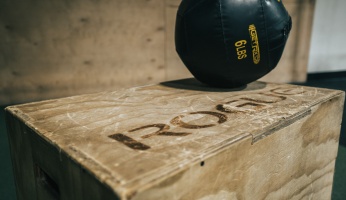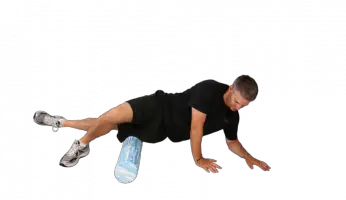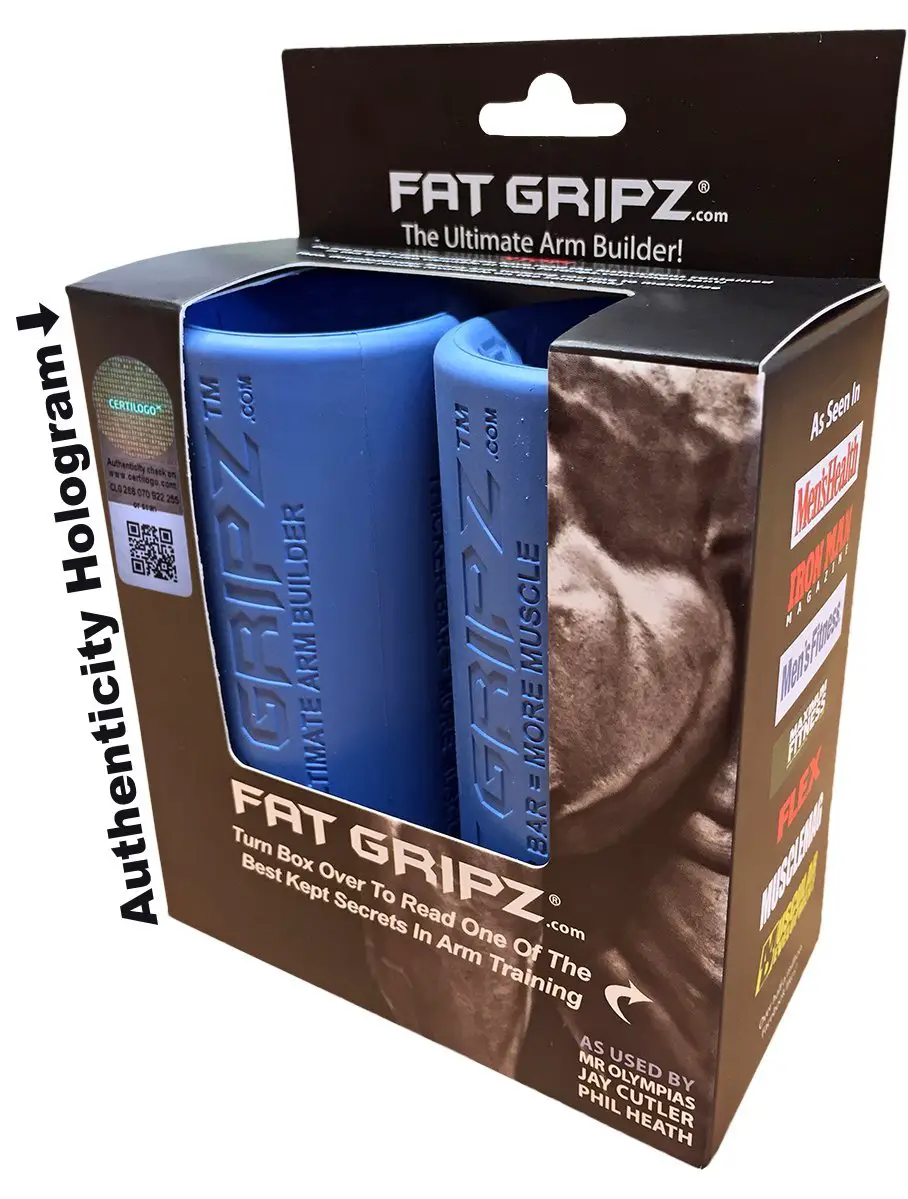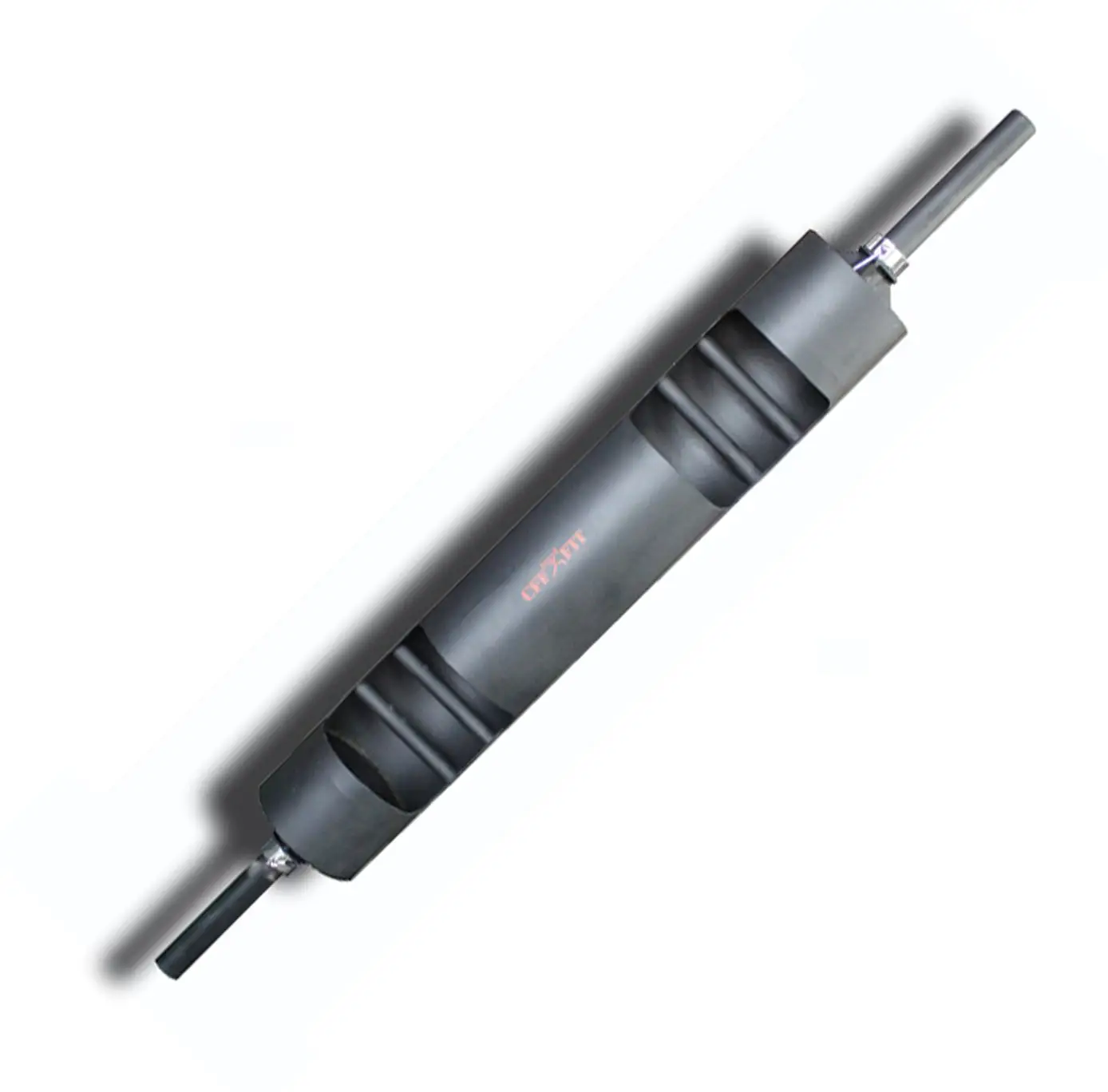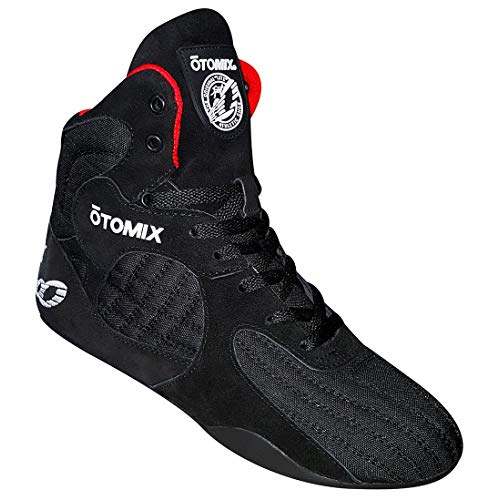Tools for Reaching Your Fitness Goals
updated January 1, 2019
Reaching your fitness goals be it gaining, losing, getting stronger, or faster requires consistency and dedication. Without proper planning and tools, reaching those goals may seem very distant and sometimes impossible – my aim with this article is to share with you some tools that I’ve used in my journey that make reaching fitness goals easier! I hope by the end of the article you gain some actionable information to that will make your fitness journey a more pleasant one.
Calorie Counting Apps
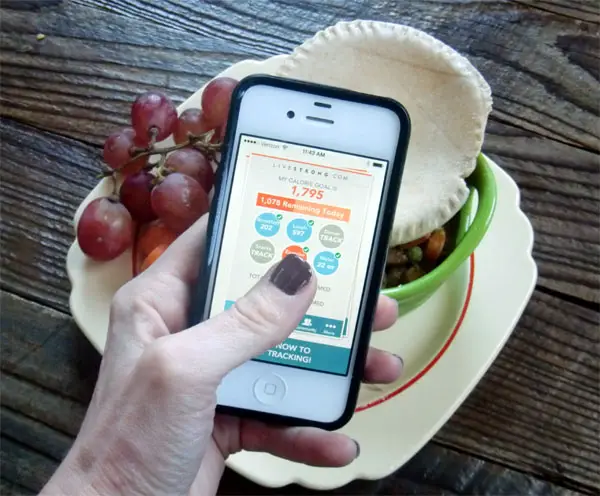
This is probably the number one improvement you can make to reach your fitness goals faster if you’re not doing it already is counting your calories. You’ve probably heard it a million times and for good reason. How can you expect to consistently gain or lose weight if you’re not eating the right amount of food? Counting calories is essential for bulking, cutting, getting stronger, and getting faster.
Sure with a lot of experience (or eating close to the same thing every day) you can put the apps aside but if you’re not there yet then you need to be counting every day. Counting calories saves you time, and gets you to your goals FASTER. Don’t mess around – count calories.
The next point on the same train of thought is to properly adjust your calories and macros as you progress. Losing weight on 1800 calories a day at your starting weight is a lot different than eating 1800 calories after you’re down 20 pounds. When you start to lose weight and your calorie expenditure changes, be sure to adjust your macros and caloric intake to match.
Another point on adaptation is to listen to your body. There are a ton of baseline estimates out there for carbs, protein, and fat which are great starting points. However if you find yourself feeling sluggish, try upping the carbs a bit. It’s trial and error to find what works for you and to accurately track it.
Meal Prep
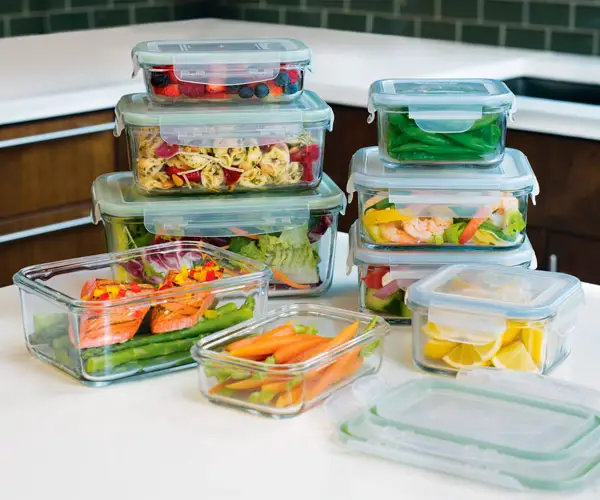
We just talked about counting calories, being consistent, and adjusting macros. Well here’s the not-so-secret tool that goes hand in hand with calorie counting – meal prep.
It’s hot right now, getting all the ingredients together on Sunday and prepping lunches and dinners for the whole week is a miracle tactic for losers and gainers alike. I LOVE meal prep for a few reasons:
- I save time by preparing all of the food at once – spend more time resting and training
- I know the exact macros of each serving and they’re all the same – this makes planning for the entire week super easy
- I save money by not wasting any ingredients AND buying in bulk
Meal prep may seem daunting to get into at first, but there’s a ton of great beginner’s guides to get you started including simple recipes, and advice to follow.
My recommendations for getting started with meal prep include following simple recipes that use the slow cooker, and finding a few staple recipes that you like. Also if you don’t have a good storing system or tupperware containers I recommend getting a good set of meal prep containers so storage and transportation is easy.
Side note: if you don’t have the time to meal prep yourself, consider hopping onto a done for you meal delivery service. We don’t all have time to spend a few hours a week on meal prep so it’s great to know there are some awesome options out there
Proper Programming
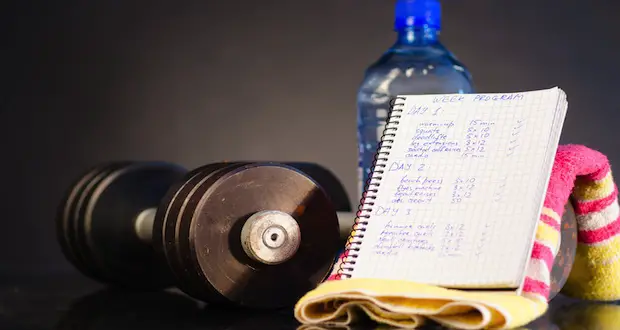
Depending on your goals whether it’s gaining muscle, losing weight, or getting stronger – your programming will differ. Being on the wrong type of program isn’t critical but it certainly isn’t optimal.
I don’t have enough time to get into each and every program that you could be doing but ideally for muscle building you want most of your exercises to be in the 8-12 rep range for 3-5 sets, and for getting stronger most of your reps will be 5 and under.
These rep ranges are not concrete and depend on genetics and other factors – the goal is to properly overload the muscles and this can occur in a variety of rep ranges. Understand that you’ll get better at what you train, so training for higher rep ranges will get you better and more efficient at that, and vice versa for low rep ranges.
It’s also important to be in tune with your body and program adaptively. If it’s not challenging enough you need to bump up the intensity, and if you find yourself not recovering in time for the next workout then it could be a nutrition and rest issue OR you could need to slow down a bit. Adapt your programming to your needs and listen to your body.
Recovery Tools and Regime

Dialing in a recovery routine including stretching, icing, foam rolling, and massages has allowed me to train harder and also feel better in the long run. I used to grind 3-4 workouts a week without paying and mind to my body outside of the gym and let me tell you, it wasn’t pretty.
I’ve been stressing to listen to your body and I’ll do it again here. You can drastically reduce your recovery time by tending to your muscles. This includes stretching, foam rolling, using massage balls and other devices, and getting massages. Learn more about the benefits of foam rollers and myofascial release by these two articles.
Another pitfall that I found myself in when lifting heavy over long periods of time was that I wasn’t mixing it up enough. I find that a great recovery tool is sometimes an off-activity of your main training. Go biking, go for a hike, play a sport. These are new and different movements that get you away from the regular grind, and get you to focus on something else – great for the body and mind.
Accuracy in Tracking and Planning
![]()
This final tip has a bit of crossover between all of the above tips but I want to stress accuracy in tracking and planning. This means counting calories accurately because miscounting by 200 calories per day could lead to no weight loss in a week or even weight gain depending on your caloric deficit.
Write down your lifts, or record your lifts so you can accurately track your progress and program for your next workout. If you don’t remember what you did last week and you lift the same weight again the next week – that’s time and effort wasted!
Plan your month ahead, be aware if you need to adjust your calories, be aware of you need to adjust your programming, and don’t get stuck in the habit of being INACCURATE.
Thanks for reading, if any of these tips and tools are applicable to your current fitness journey – put them into play and reach those goals faster!


